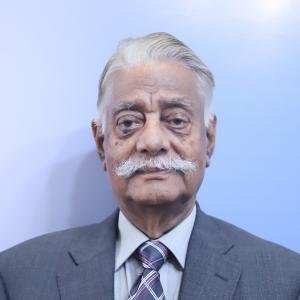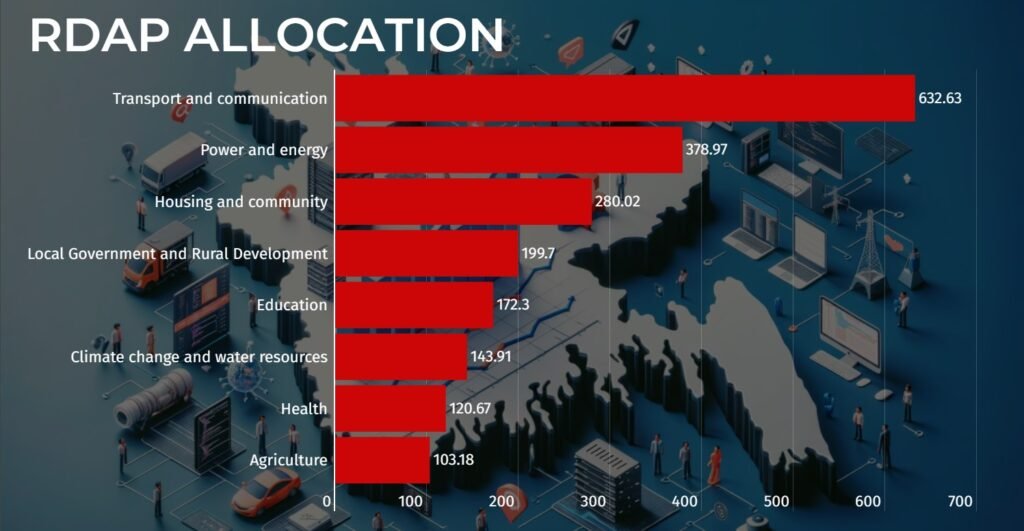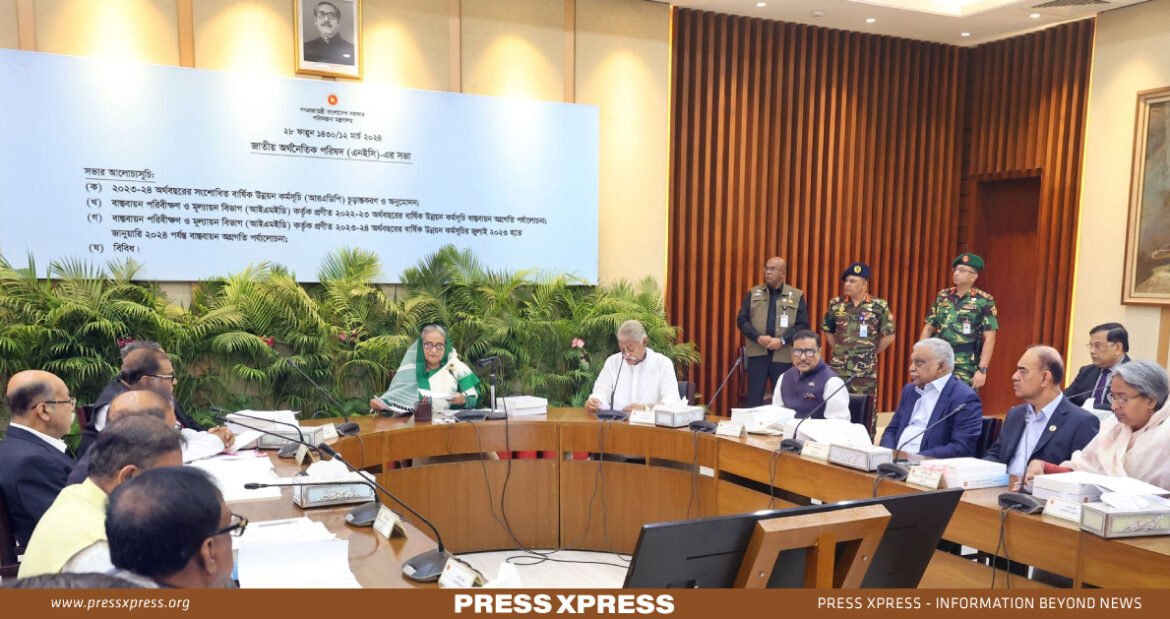Bangladesh has been bravely facing multitude of challenges and consequential economic recalibrations. The National Economic Council (NEC) of Bangladesh has recently approved a Revised Annual Development Programme (RADP) for the fiscal year 2024. The revised budget stands at Tk 245,000-crore, a reduction from the initial Tk 263,000 crore. The decision is most probably a result of pragmatic thinking stemming from recent economic challenged that Bangladesh has only just begun to overcome.
You Can Also Read: PM Urges Women’s Active Engagement in Nation-Building
Established in 1972, the NEC serves as the apex policy-making body for socioeconomic development in Bangladesh. Tasked with the objective of formulating and implementing national economic policies and development plans. Chaired by the Prime Minister, the NEC comprises key ministers, government officials, and experts from various fields. Its primary responsibility is to ensure effective coordination and integration of development efforts across different sectors to achieve sustainable economic growth.
Over the years, the NEC has played a crucial role in shaping Bangladesh’s economic development. It has been instrumental in formulating Five-Year Plans, Annual Development Programs, and other policy frameworks to address the country’s socio-economic challenges. The NEC’s emphasis on inclusive growth, poverty reduction, and infrastructure development has contributed significantly to Bangladesh’s progress and transformation.
A Streamlined Approach: Why the Revised RADP?
The FY24 RADP reflects a calculated revision from the originally proposed Tk 263 billion allocation. This reduction, amounting to Tk 180 billion, acknowledges the current global economic climate. Rising commodity prices and potential supply chain disruptions necessitate a prudent approach to resource allocation. By streamlining the RADP, the NEC aims to prioritize critical infrastructure projects while ensuring fiscal discipline.
“Stability is the pre-condition of development, and it is now prevailing,”
– -Major General (retd) Abdus Salam, Planning Minister

In these uncertain economic times, the central consideration is not to create a euphoria of development but to maintain a pragmatic balance between ambitions and ground realities. Consequentially, this necessitated a sober scaling down of the RADP.
The reduction in the RADP is due to the government’s efforts to contain the budget deficit and reduce inflation. During the three hour meeting Prime Minister Sheikh Hasina Stressed the following points:
- Prioritizing Projects Near Completion
- conducting feasibility to avert the usual tendency of delay in project formulation and implementation.
- Delaying the implementation of some projects
Prioritizing Progress: Where Will the Funds Flow?
The revised RADP prioritizes sectors with the potential to generate high economic returns and improve the lives of Bangladeshi citizens. The lion’s share, over Tk 632.63 billion, is dedicated to the transport and communication sector. This investment aims to bolster Bangladesh’s connectivity infrastructure, fostering trade and economic activity. The power and energy sector follows closely with an allocation of Tk 378.97 billion, underlining the government’s commitment to ensuring a reliable and affordable energy supply for continued economic expansion.

Education (Tk 172.3 billion) and health (Tk 120.67 billion) have also received significant allocations, reflecting the government’s commitment to developing a skilled workforce and ensuring the well-being of its citizens. Investments in housing and community facilities (Tk 280.02 billion) and local government and rural development (Tk 199.70 billion) aim to improve living standards and empower local communities.
Conclusion
The approval of the revised RADP for FY24 is a continuation in the government’s efforts to achieve its economic development goals. The RADP will provide funding for a wide range of projects, including infrastructure, education, and health. The government is committed to implementing the RADP in a timely and efficient manner in order to achieve the desired economic outcomes.
The revised FY24 RADP represents a pragmatic approach to national development. By prioritizing critical sectors and ensuring fiscal responsibility, the NEC has charted a course for sustainable growth. This strategic allocation of resources will not only bolster Bangladesh’s infrastructure and social development but also position the nation to navigate future economic challenges with resilience.
The revised RADP reflects a nuanced understanding of the current economic landscape. While Bangladesh strives for continued development, the global climate necessitates a measured approach. The NEC’s decision to prioritize key sectors while streamlining the budget demonstrates a commitment to both long-term growth and fiscal prudence. This strategic allocation of resources positions Bangladesh to weather economic headwinds and emerge stronger on the path to a prosperous future.


